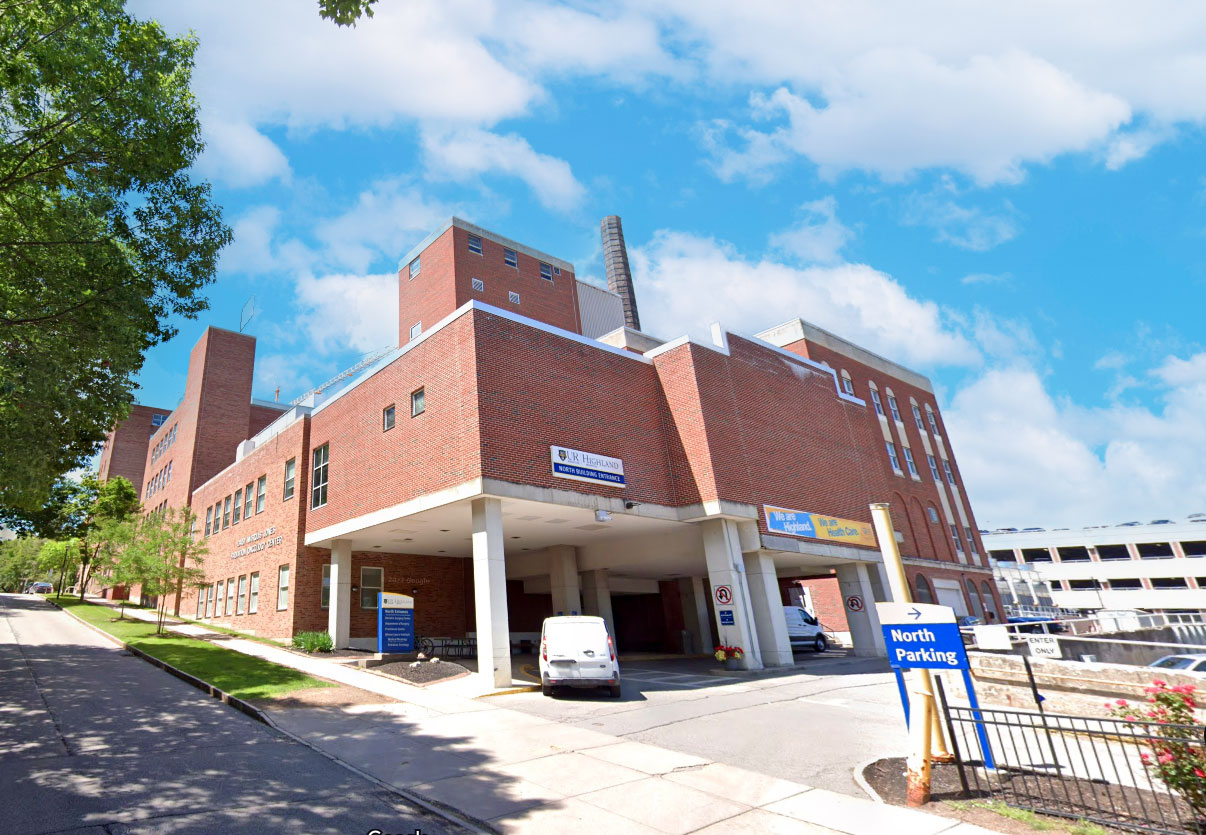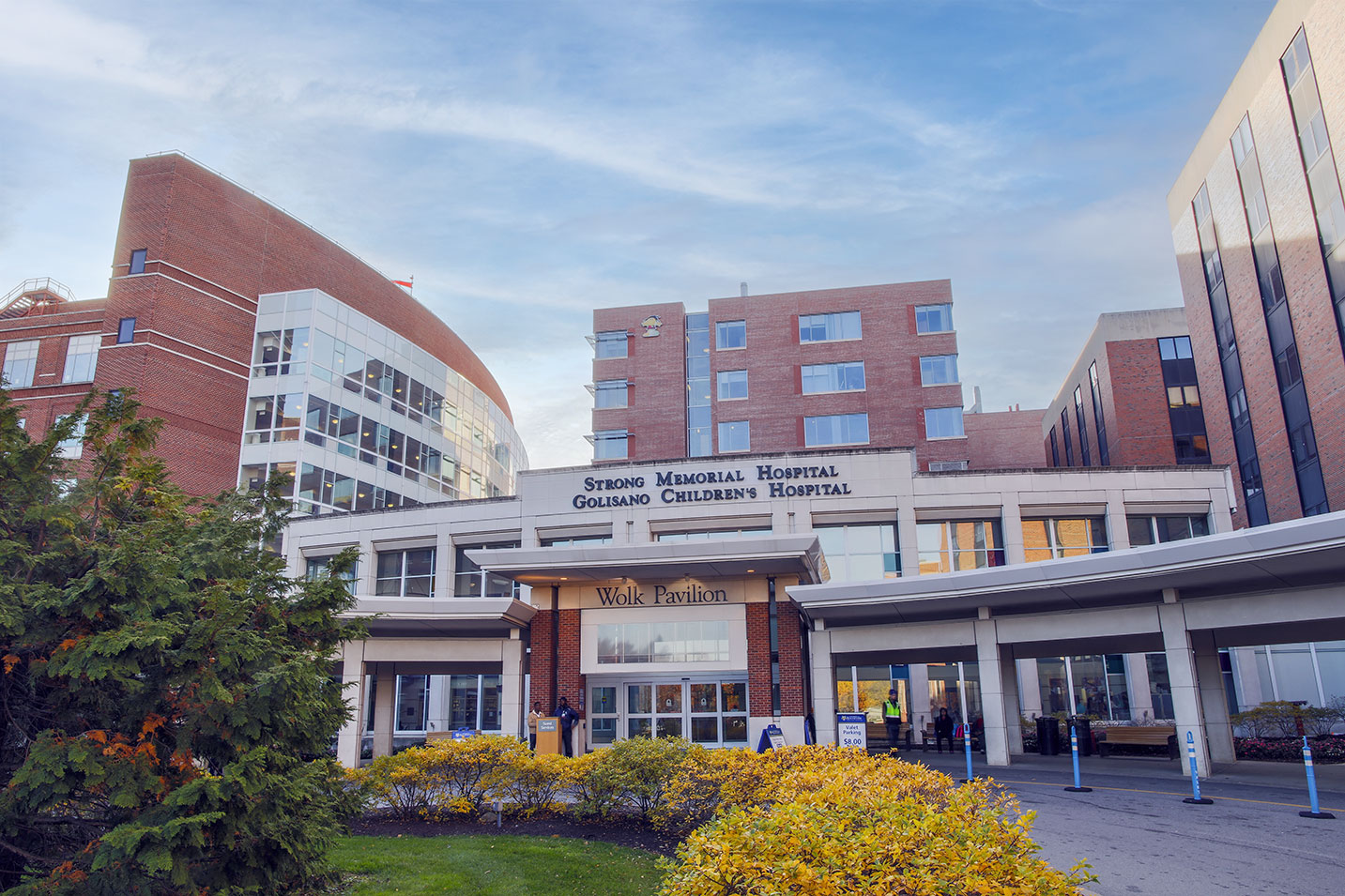Celiac Disease
Make Appointments & Get Care
What is Celiac Disease?
Celiac disease is a chronic digestive problem in the small intestine. It stops the body from taking in nutrients from food.
If you have celiac disease, your immune system reacts abnormally to gluten, which is a protein found in wheat, rye, and barley. The immune system attacks the tiny bumps (villi) that line the small intestine and help the body take in nutrients. Without the villi, the small intestine can’t get enough nutrients.
Studies show that as many as 1 in every 141 Americans may have celiac disease. They may not know they have it.
What Causes Celiac Disease?
Celiac disease is genetic. This means it can be passed down from parent to child. You may have celiac disease and not know it because you don’t have any symptoms.
Some things that may make symptoms start to appear are:
- Too much stress
- Pregnancy & childbirth
- Surgery
- Physical injury
- Infection
What is the Difference Between Gluten Intolerance and Celiac Disease?
Unlike celiac disease, gluten intolerance is not an autoimmune disease and does not cause damage to the small intestine.
Gluten intolerance and celiac disease have similar symptoms that are triggered by eating something with gluten. Treatment for both disorders includes a gluten-free diet.
What are the Symptoms of Celiac Disease?
Symptoms may vary, but common signs of celiac disease include:
- Unexplained weight loss
- Chronic constipation, bloating, or diarrhea
- Chronic vomiting
- Pale, bad-smelling stool
- Osteoporosis
- Anemia
- Fatigue
- Painful, itchy skin rash
- Elevated liver enzymes
Children who have celiac disease may not grow at a normal rate.
UR Medicine's Treatments for Celiac Disease
Your healthcare provider will look at your past health and do a physical exam. They may also order tests such as:
- Blood work: This is done to check the level of antibodies to gluten in your blood. People with celiac disease have higher than normal levels because the body creates antibodies to fight things (such as gluten) that the body feels are a danger.
- Biopsy: This is the most accurate way to tell if you have celiac disease. A tissue sample is taken from your small intestine to check for damage to the villi.
If you have celiac disease, you will need to remove gluten from your diet completely. In most cases, taking gluten out of your diet will stop the symptoms. The Celiac Disease Foundation offers a full list of gluten-free foods and suggested meal plans. Your healthcare provider may refer you to a dietitian who specializes in celiac disease.
If you have low vitamin levels, your healthcare provider may advise certain supplements.
Your healthcare provider will follow your progress through blood tests and occasionally additional biopsies.
What Sets Us Apart?
UR Medicine is committed to providing you with the very best care possible—care that is centered around you and your needs, helping your symptoms and keeping you healthy.
We act as advocates for our patients and seek to improve treatment outcomes and quality of life. UR Medicine has a rich history of cutting-edge research, where we have made advancements in our understanding of the causes of inflammatory allergic and autoimmune disorders.
Locations
View All LocationsWe serve you in the Rochester metropolitan area and surrounding region.
View All Locations5 locations
Highland Hospital
1000 South Avenue
Rochester, NY 14620
Surgery Center at Sawgrass
180 Sawgrass Drive, 2nd Floor, Suite 230
Rochester, NY 14620
Ambulatory Care Center at Strong Memorial Hospital
601 Elmwood Avenue, 4th & 5th Floor
Rochester, NY 14642
Ambulatory Surgical Center at Strong West
156 West Avenue, 1st Floor or 3rd Floor
Brockport, NY 14420
3170 West Street, Suite 201
Canandaigua, NY 14424




